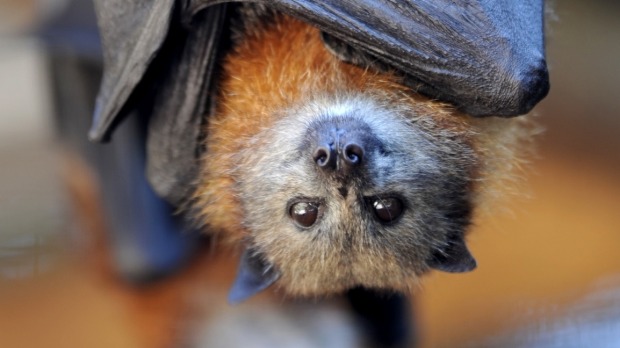
A year-long trial of a Hendra vaccine for humans has ended with none of the 40 participants suffering any ill-effects.
Queensland’s chief health officer Dr Jeannette Young said the clinical trial results would be released later this year.
The trial consisted of five groups of eight people, of which six were administered with the monoclonal antibody and two received a placebo.
The youngest participant was 18 and the oldest was 65 and the trial finished in mid-June.
“All participants remain well. No serious adverse events have occurred,” Dr Young said.
The Hendra virus occurs naturally in flying fox populations.
It’s believed horses become infected when they eat food contaminated by the urine, faeces or foetal fluids of flying foxes.
Humans can contract the disease by coming into close contact with infected horses.
Since the disease was identified in Brisbane in 1994, four of the seven people who have been infected with the virus have died, along with around 50 horses.
According to the Australian Veterinary Association’s website, the last outbreak was in September 2015.
“We are now in the processes of analysing data generated from the clinical trial with results expected in late 2016,” Dr Young said.
Hendra virus occurs naturally in flying foxes.
